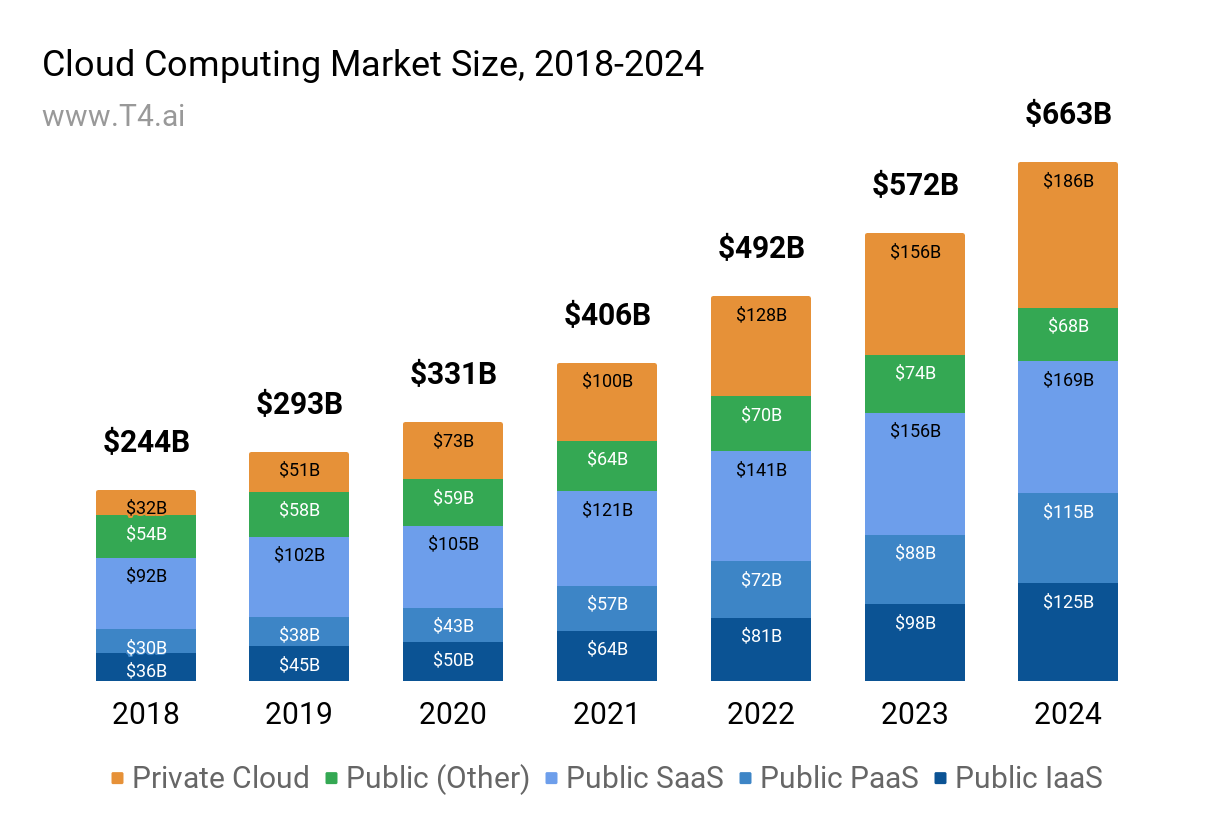
Top Cloud Companies Dominating the Market in 2025
The cloud computing industry has seen immense growth over the past few years, and in 2025, it’s more competitive and innovative than ever. Companies are racing to offer better performance, more secure infrastructures, and scalable solutions for businesses of all sizes. Below, we explore the most successful cloud companies in 2025, what makes them stand out, and where they still have room to improve.
Amazon Web Services (AWS)
Amazon Web Services remains a leader in the cloud industry in 2025. Known for its vast suite of services, global infrastructure, and robust performance, AWS continues to be the go-to choice for startups, enterprises, and governments alike. Their ongoing investments in AI/ML, security, and serverless architectures make AWS a highly versatile platform.
Advantages: Industry-leading tools, unmatched scalability, global presence.
Disadvantages: Pricing complexity and sometimes overwhelming interface for beginners.
Microsoft Azure
Microsoft Azure has cemented its position as a major force in cloud computing by seamlessly integrating its services with the Microsoft ecosystem. In 2025, Azure benefits greatly from Microsoft’s dominance in productivity tools like Microsoft 365 and Teams, making it an attractive option for enterprise environments.
Advantages: Smooth integration with Windows and Microsoft services, strong hybrid cloud features.
Disadvantages: Some regions report slightly slower support responsiveness.
Google Cloud Platform (GCP)
Google Cloud has continued to rise thanks to its strong capabilities in AI, big data, and analytics. In 2025, GCP has become a favorite among developers and data scientists due to powerful tools like BigQuery, TensorFlow integration, and Vertex AI.
Advantages: Best-in-class machine learning tools, developer-friendly environment, competitive pricing.
Disadvantages: Smaller market share compared to AWS and Azure, limited enterprise adoption in some sectors.
IBM Cloud
IBM Cloud has refined its focus on hybrid cloud and AI solutions, especially with Red Hat OpenShift integration. In 2025, IBM stands out in industries requiring compliance, data sovereignty, and custom enterprise-grade solutions.
Advantages: Strong hybrid cloud focus, trusted in heavily regulated industries, AI-powered automation.
Disadvantages: Less developer community engagement and fewer third-party integrations.
Oracle Cloud Infrastructure (OCI)
Oracle Cloud has found its strength in serving enterprise applications, especially in finance, HR, and ERP systems. With a modernized infrastructure and aggressive pricing, OCI has gained significant ground in 2025.
Advantages: Highly optimized for Oracle applications, competitive pricing for enterprise workloads.
Disadvantages: Still catching up with AWS and Azure in breadth of services and regions.
Alibaba Cloud
Alibaba Cloud remains the largest cloud provider in China and continues to expand internationally. In 2025, it’s a major player in the Asia-Pacific region, serving millions of businesses with scalable infrastructure and data solutions.
Advantages: Strong presence in Asia, cost-effective services, large marketplace ecosystem.
Disadvantages: Limited trust and adoption in Western markets due to geopolitical concerns.
Salesforce Cloud (Salesforce Platform)
Salesforce Cloud goes beyond traditional cloud infrastructure by focusing on CRM, automation, and business intelligence. With strong acquisitions and platform development, in 2025, it has become essential for customer-centric businesses.
Advantages: Powerful CRM tools, deep integrations with business workflows, excellent customer analytics.
Disadvantages: High costs for premium services and complex pricing tiers.
DigitalOcean
DigitalOcean continues to serve startups and small businesses with simple, affordable cloud infrastructure. In 2025, it stands out for its ease of use, strong community support, and transparent pricing model.
Advantages: Beginner-friendly, great for small-scale apps and SaaS, fixed pricing.
Disadvantages: Lacks advanced enterprise features and deep AI capabilities.
Linode (Akamai Cloud)
Now part of Akamai, Linode continues to offer powerful VPS hosting and developer-friendly tools in 2025. It’s an affordable choice for developers seeking more control and reliability without breaking the bank.
Advantages: Cost-effective, strong support for developers, great performance for the price.
Disadvantages: Limited managed services compared to the big three.
Tencent Cloud
Tencent Cloud is a strong contender in China and is expanding internationally. In 2025, it plays a crucial role in media, gaming, and social platforms, particularly those developed in Asia.
Advantages: Excellent for real-time streaming, gaming infrastructure, and mobile integration.
Disadvantages: Limited visibility in Western markets, support documentation sometimes lacking in English.
VMware Cloud
VMware Cloud continues to support businesses that rely on virtualization. In 2025, it excels at helping legacy systems transition into cloud environments without a full rearchitecture.
Advantages: Smooth migration for existing VMware environments, hybrid cloud expertise.
Disadvantages: Can be costly when compared to newer cloud-native providers.